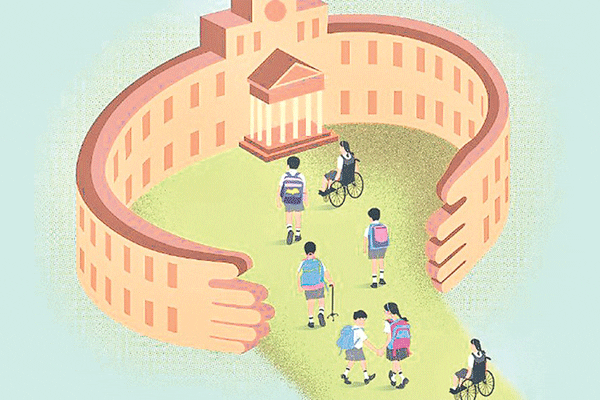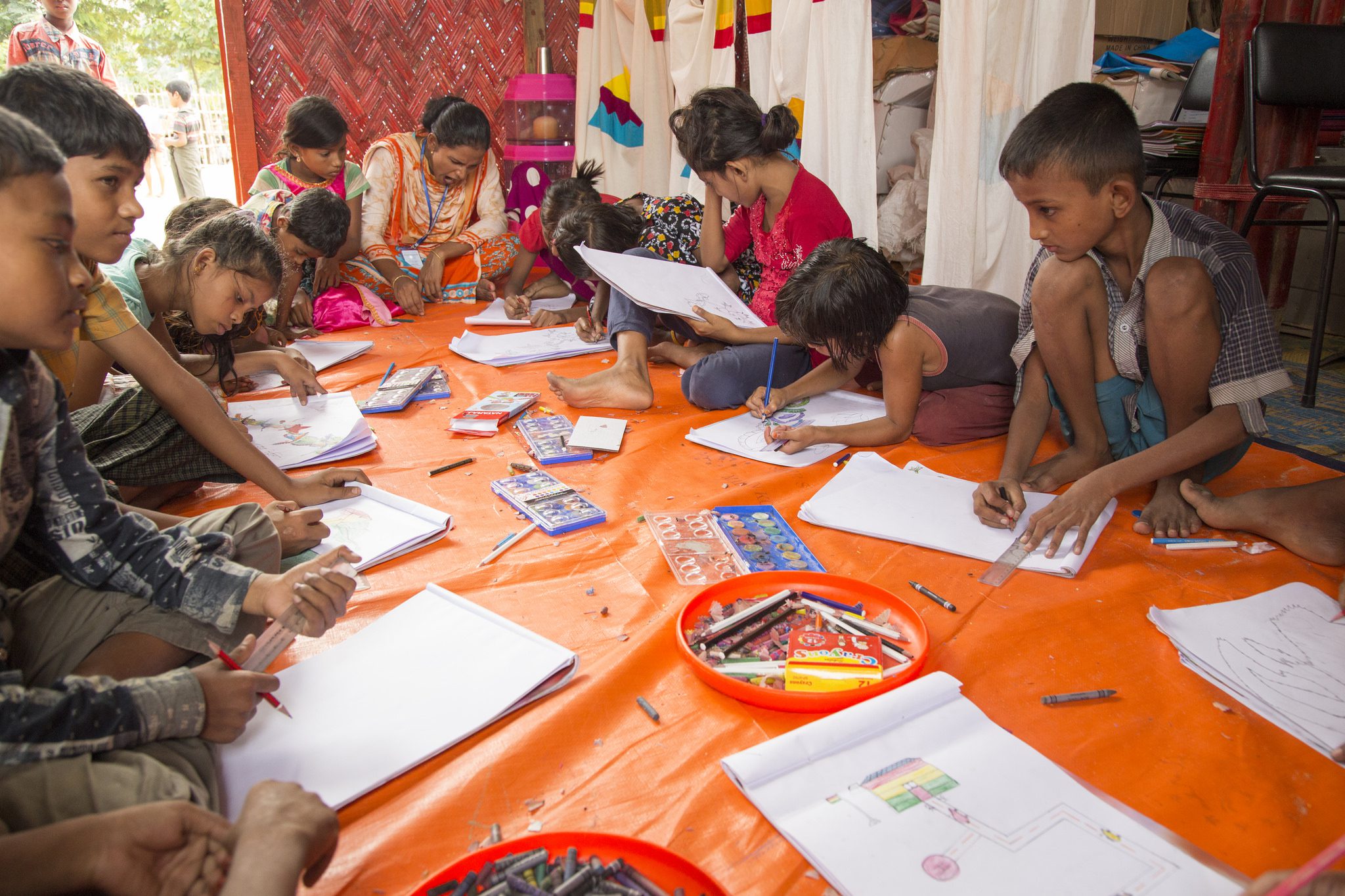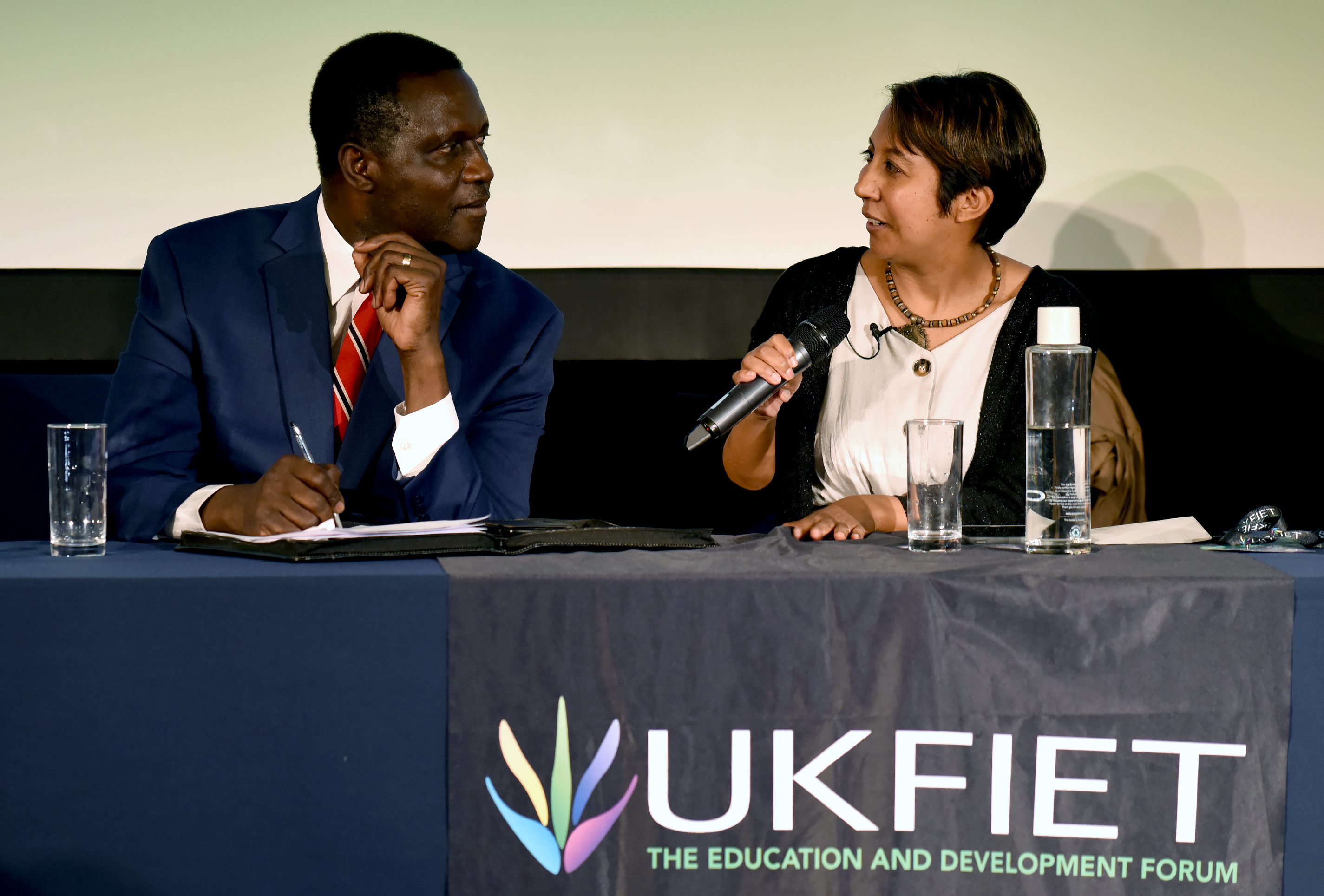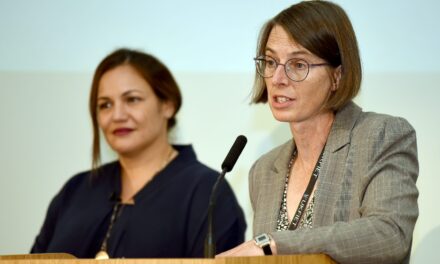Professor Kwame Akyeampong, Professor of International Education and Development at the University of Sussex, and Chair of the 2019 UKFIET Conference Committee, reflects on this year’s conference theme.
 I am excited about this year’s UKFIET conference theme: “Inclusive Education Systems: futures, fallacies and finance” because of growing isolationism and movements towards more exclusive societies. Education, I would argue, has been complicit in creating this increasingly exclusive world that is dividing societies.
I am excited about this year’s UKFIET conference theme: “Inclusive Education Systems: futures, fallacies and finance” because of growing isolationism and movements towards more exclusive societies. Education, I would argue, has been complicit in creating this increasingly exclusive world that is dividing societies.
We are witnessing a global learning crisis that education systems are struggling to overcome. The response has to be more decisive in ensuring that every child or young person has access to quality education to achieve a more equitable society. But, before we imagine the future, we as researchers, practitioners and policymakers must reflect on the promises of the past and why, many education systems have failed to meet the needs of poor, marginalised and disadvantaged groups. If there was ever a time when this introspection was needed, it is today. The benefits that inclusive education provides to all students and the wider society easily justifies the effort. We cannot argue against this.
And so, if education is to become more inclusive, then every child or young person, irrespective of their socio-economic background, location, disability, gender, ethnicity, religion, language should not be denied a quality education.
As a community, we know much about the importance of inclusive education for reducing poverty, improving health, incomes and livelihoods and yet a truly inclusive education system eludes many countries, rich or poor. We expect many students to learn while being taught in a language unfamiliar to them or by untrained teachers. In many education systems, students face discrimination and low expectations, and teachers lack the skills to work with students with disabilities or from minority backgrounds. We know that adequate funding is a necessity for inclusion and yet it is rare. We know about the potential of technology to bridge the education quality gap but see little of that happening. We have developed insights into providing education in conflict and crisis contexts but have not found ways of applying them at system level.
As I reflect on the theme of this year’s conference, I hope that together we can explore and reflect on these issues and many more that are covered under the different sub-themes. If we emerge from this conference with a better understanding of how we move education systems in a more inclusive direction, then for me this conference would have been a great success.
Ideas for 2019 conference
For the 2019 conference, we are looking forward to proposals from the global constituency of researchers, development practitioners and policymakers, that would facilitate dialogue and new thinking on inclusive education. We welcome proposals that address the issues/questions raised in each of the conference sub-themes, but also cut across them – proposals that present fresh insights for achieving inclusive education systems which leaves no child or young person behind! We also welcome proposals that interrogate assumptions, present new evidence, problematise policy and practice of inclusive education, and explore it from different theoretical perspectives.
We are planning to have inspirational keynote speakers with deep knowledge and experience of inclusive education practices, policies and systems to set the tone for our conference.
I look forward to welcoming you at the UKFIET 2019 conference in Oxford in September.






Spot on! This should be the concern of every individual if we are to improve our societies. It takes a village, so let’s all get to work and be a pressure group for positive change.